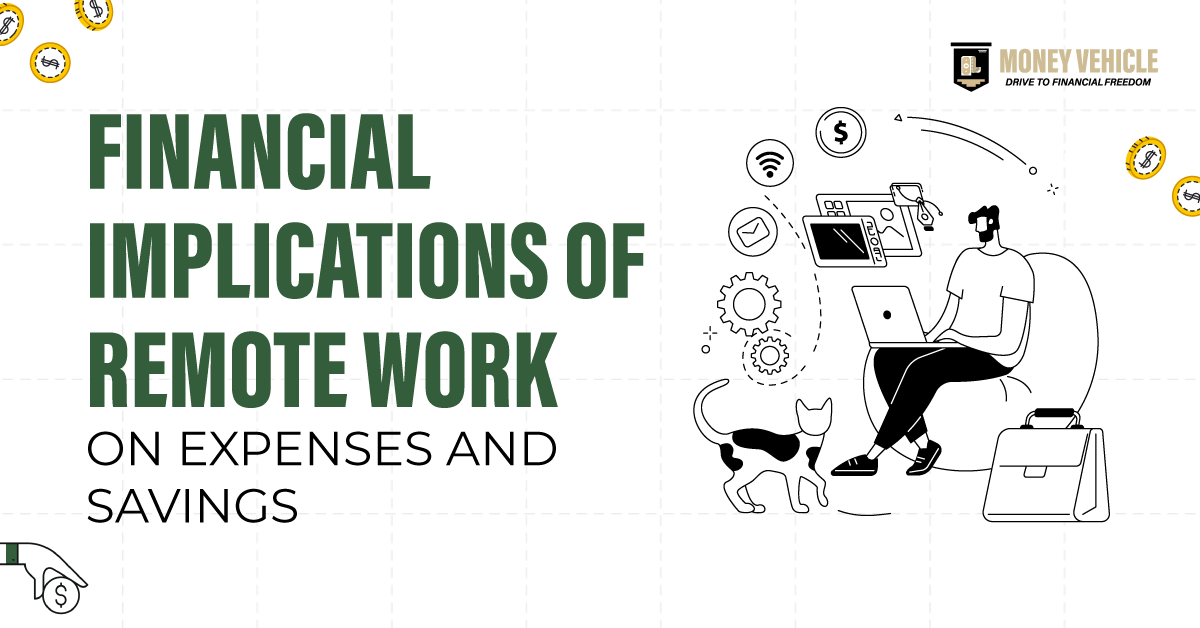Note: Be sure to check out our overview of the national financial literacy and education standards, too!
Michigan recently joined the list of states requiring personal finance classes for high schoolers. Before its signing by Governor Gretchen Whitmer, the law received bipartisan support from the senate and house of representatives. From the 2023-2024 academic year, high school students will need a half-credit personal finance course to graduate.
This program can serve as an art, math, or language requirement (besides English) depending on the local school board. According to Governor Whitmer, young Michiganders should learn how to save, budget, and invest for success after high school, regardless of whether they’re joining college, working, or starting a business.
Personal Finance Standards
Michigan’s students should individually and collectively demonstrate how scarcity and opportunity cost affects personal and household decisions. The curriculum covers these financial standards.
Saving: This includes the income incentives for future needs and how time, inflation, and interest rates affect savings.
Buying Products and Services: Students learn the factors that influence purchase decisions including benefits, costs, and the government’s role in consumer education.
Credit: It involves assessing the cost and benefits of credit purchases.
Insuring: Students learn how to evaluate the risk of lost assets, health, income, and identity. That way, they know whether to accept, reduce, or transfer risk exposure through payments aimed at avoiding greater losses.
Income: This topic entails employee benefits, potential income as well as non-income elements that impact career choice. Students also learn about taxation and the cost of education and technical skills. Income includes dividends, interest, government support, social security, and capital appreciation.
Investing: This topic describes the risk and rate of return for various assets. Students also learn about diversification, tax benefits, and the government’s role in investing.
Teacher Placement Considerations
According to the Michigan Department of Education, teachers should understand pedagogical practices, professional behaviors, and content knowledge. On top of a Michigan Teaching Certificate, teachers should be qualified for the student’s grade level and course content. Here are the requirements for financial literacy, personal finance, and financial planning teachers in Michigan:
- Mathematics endorsement for courses dealing with math logic and numbers
- If the course teaches life skills and family planning for finance, the teacher should provide a Family and Consumer Science endorsement.
- Social Studies, Social Science, or Economics endorsements for courses that incorporate finances and economic systems
- Business Education endorsement (GX or GQ) for courses dealing with budgeting, business planning, and accounting
A solid foundation in financial literacy education goes a long way in molding all-around adults. Remember, financial literacy education isn’t just the teacher’s responsibility—parents should also impart good money habits to their children.
Is Financial Literacy Important?
Financially literate individuals can understand financial concepts and apply them in their day-to-day lives. Here are the benefits of a financial literacy course.
Instills Financial Discipline
Students are more likely to respect their money once they understand its value. When you’re financially disciplined, you manage money responsibly and consistently by balancing saving and investing. Financial discipline makes many things possible.
For starters, it allows you to set and achieve your financial goals. Financially literate individuals can differentiate between short and long-term goals without sacrificing one for the other. Wealth creation is also faster—when students master finances early enough, their money has more time to grow. Best of all, students can apply this discipline to other aspects of life, including personal health, academics, and relationships.
Emergency Preparedness
Although emergencies are inevitable, financial literacy lessens the impact by preparing you for the outcome. Such emergencies include job loss, medical bills, home and vehicle repairs, and natural disasters. First off, a financial literacy course emphasizes the need for emergency funds to cover unexpected expenses. Students also learn how to budget to balance their income with expenses. Another emergency preparedness measure is getting the right insurance coverage to protect your health, family, and assets.
Boosts Confidence
Financial literacy courses increase confidence in various ways. For starters, you have the right information to resolve financial challenges and make life-changing decisions. Moreover, financial literacy equips you to handle any stress that can affect your decision-making. Additionally, you trust your abilities after achieving financial goals, giving you the confidence to venture into future projects.
Check out the Money Vehicle textbook — you can find it here on Amazon. And if you like what you see, you can get more content sent directly to your inbox! Sign up for the Money Vehicle Movement Newsletter!
And check out our white paper: “Strategies for Increasing Financial Literacy Rates Among High School and College Students”
More from Money Vehicle:







